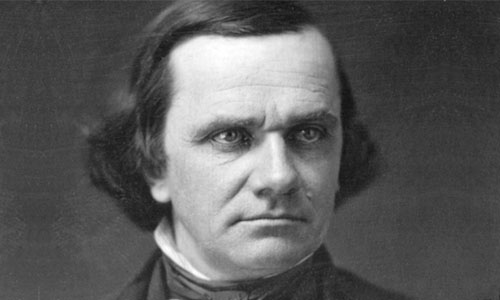One of the first decisions of the newly elected British Labour government was to shelve plans to protect free speech on campus. It’s a move that flies in the face of centuries of commitment to free speech and Enlightenment values.
UK Education Secretary Bridget Phillipson’s claim that the legislation ‘could expose students to harm’ from ‘hate speech’ is the usual excuse trotted out by the elitist left, which never misses an opportunity to restrict mainstream opinion it cannot stand. It is also an excuse that has been used widely on campuses throughout Australia for years.
More worryingly, when coupled with British Prime Minister Keir Starmer’s calls for laws to censor what is said online in the wake of protests following the stabbing murder of children in the English town of Southport, it confirms the new UK government is fundamentally hostile to free speech.
The UK Free Speech Act itself was a reasonable attempt to hold the feet of universities to the fire to protect lawful speech on campus. It required institutions to adhere to a code of practice, and it provided for a mechanism to investigate if universities breached duties under the Act.
The introduction of penalties for violations of the code would have transformed the mindset on campus towards free speech. John Hasnas, Professor of Business and Law at Georgetown University, said the solution to the problem of universities making commitments to free speech but failing to honour them was ‘to create an incentive for schools to protect open inquiry – the fear of lawsuits’.
The Free Speech Act in the UK was set to pioneer this approach. It was a critical step that would have changed the incentives around the protection of free speech and provided a model Australia and other Western nations could have replicated if it were successful.
In Australia, the Institute of Public Affairs’ Free Speech on Campus Audit 2023 found universities lacked the institutional will to self-regulate free speech effectively. The research revealed that 90 per cent of the nation’s universities are explicitly hostile to free speech.
With universities failing in this area, it is up to government to ensure universities protect free speech by implementing external accountability mechanisms and imposing penalties for non-compliance.
The key issue, as identified in the IPA’s audit, is university policies using broad and subjective terms like ‘offence’ and ‘humiliation’ which can be weaponised by activists to censor speech. Currently, administrators and the policies they implement on Australian university campuses are more likely to protect activists rather than free speech.
Nothing demonstrated this more clearly than the string of pro-Palestine encampments at universities across the country earlier this year. Many universities ended the protests by agreeing to the demands of protesters. By caving into the demands of the protesters, institutions effectively took a side on a highly contentious political issue. This has a chilling effect on the free speech of other students and academics.
The rise of radical activism is contributing to a culture of censorship on campus and, increasingly, we are seeing universities adopt formal ideological positions on highly political issues.
IPA research shows that every Australian university has signed up to at least one strategic commitment – 77 in total across all universities – pledging allegiance to one of three ideologies: sustainability, equity, and Indigenous affairs.
Social justice issues usually relating to diversity, equity, and inclusion are being given increasing weight in Australia’s higher education sector. However, from an education perspective, this is problematic because knowledge production and activism are often at odds with each other.
When activism becomes too much of a focus, free speech is sacrificed.
Unwittingly, Secretary Phillipson belled the cat on this when she said, ‘For too long, universities have been a political battlefield and treated with contempt, rather than as a public good, distracting people from the core issues they face.’
Phillipson correctly acknowledges universities are a ‘political battleground’, but she sees this as the problem instead of the primary role of a university. What she forgets is that the contest of ideas is the very essence of university life, but it is also the very essence of political life in a flourishing liberal democracy. The battle for the future of the West has become, at least in part, an ideological war of which one of many frontlines is university campuses.
Phillipson errs once more by suggesting the universities should be treated as a ‘public good’. Universities are in fact a public tool, a tool that can be used for education or indoctrination. Unfortunately, in the West, it is increasingly the latter, rather than the former.
The failure to protect free speech on campus threatens the core purpose of education which is to hone the mind through debate and intellectual challenge, but it also threatens the future of those democratic institutions which rely on the free flow of ideas in the public square.
Australia and the United Kingdom face the same problem: how to protect free speech on campus at a time when the political and academic landscape is being overshadowed by censorship and group think.
Brianna McKee is a Research Fellow and National Manager for Generation Liberty at the Institute of Public Affairs.









